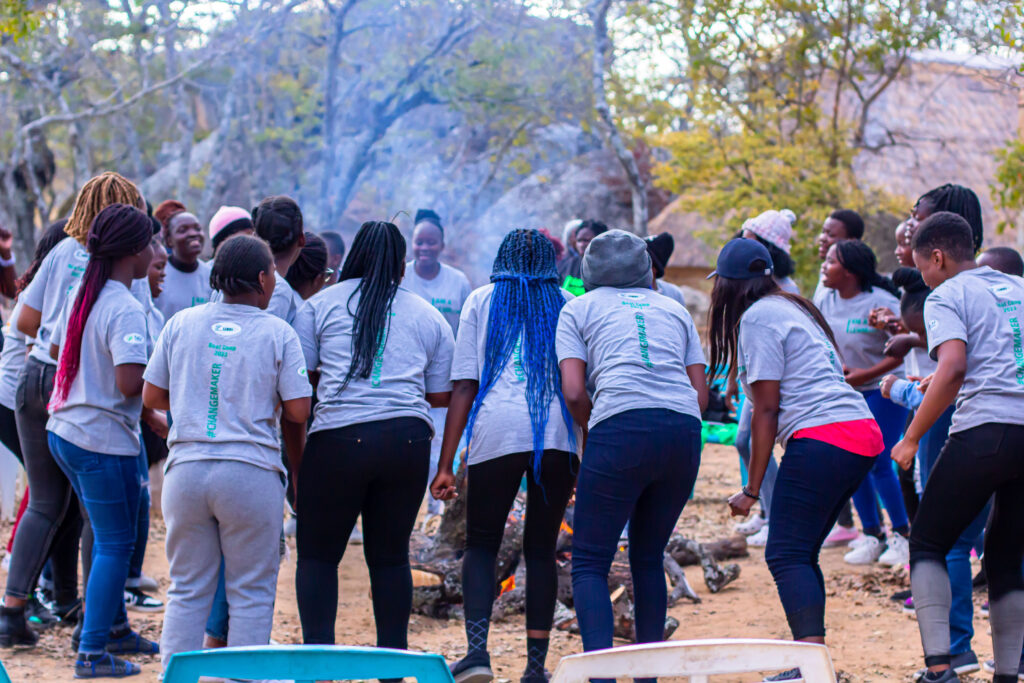
Dzivarasekwa— Zimbabwe held its election on the 23rd of August 2023. The election was supposed to be a 24-hour process but it was then extended to another 24 hours due to ballot paper challenges at different polling stations. This report is a detailed explanation of the experience of a voter and also first-hand information from other voters in other polling stations.
My community is Dzivaresekwa. Dzivaresekwa had 12 polling stations which included all the government primary and secondary schools which are in the four sections of Dzivaresekwa. As a community, we managed to get presentations from all parties that were participating in the elections. Those who were contesting for council seats managed to drill boreholes for our community to ensure we had safe clean water. The elderly in our community were given food and groceries and women were also given the chance to get loans to start off small projects such as poultry and dress-making.
On Wednesday, the 23rd of August, all polling stations in Dzivaresekwa were opened and people started voting as early as 7 a.m. until 7 p.m. as scheduled. The majority of the people who showed up managed to vote and a few who did not have proper identification documents such as ID and passport were not allowed to vote. The voting exercise was peaceful and fast as the Zimbabwe Republic Police was on stand-by to ensure there was no violence. The majority of the voters were women and the youths participated as well. Those voters who had difficulties understanding the voting process were assisted by the electoral team which was quite friendly. Some voters, however, failed to vote as the information on the ballot paper was not clear as it was printed in black and white, especially the Presidential ballot. I suggest the Zimbabwe Electoral Commission improve on the stands that they used for voters as they were made of card boxes and they were separated by just a meter, hindering the idea of privacy.
Some voters in our community failed to vote as their names were not found in their supposed polling stations, they had to move around to other polling stations in search of their names leading to some of them giving up on voting. There were women who did not manage to exercise their right to vote as they were not literate, they just ticked the boxes for the sake of voting as they could not identify their choice using pictures only. Some had to call the electorate for assistance, leading to their free choice and privacy being compromised.
In conclusion, the voting was however done peacefully and in harmony. I am grateful to ZEC and its stakeholders for making the process go by smoothly and for the opportunity to cast my vote.
